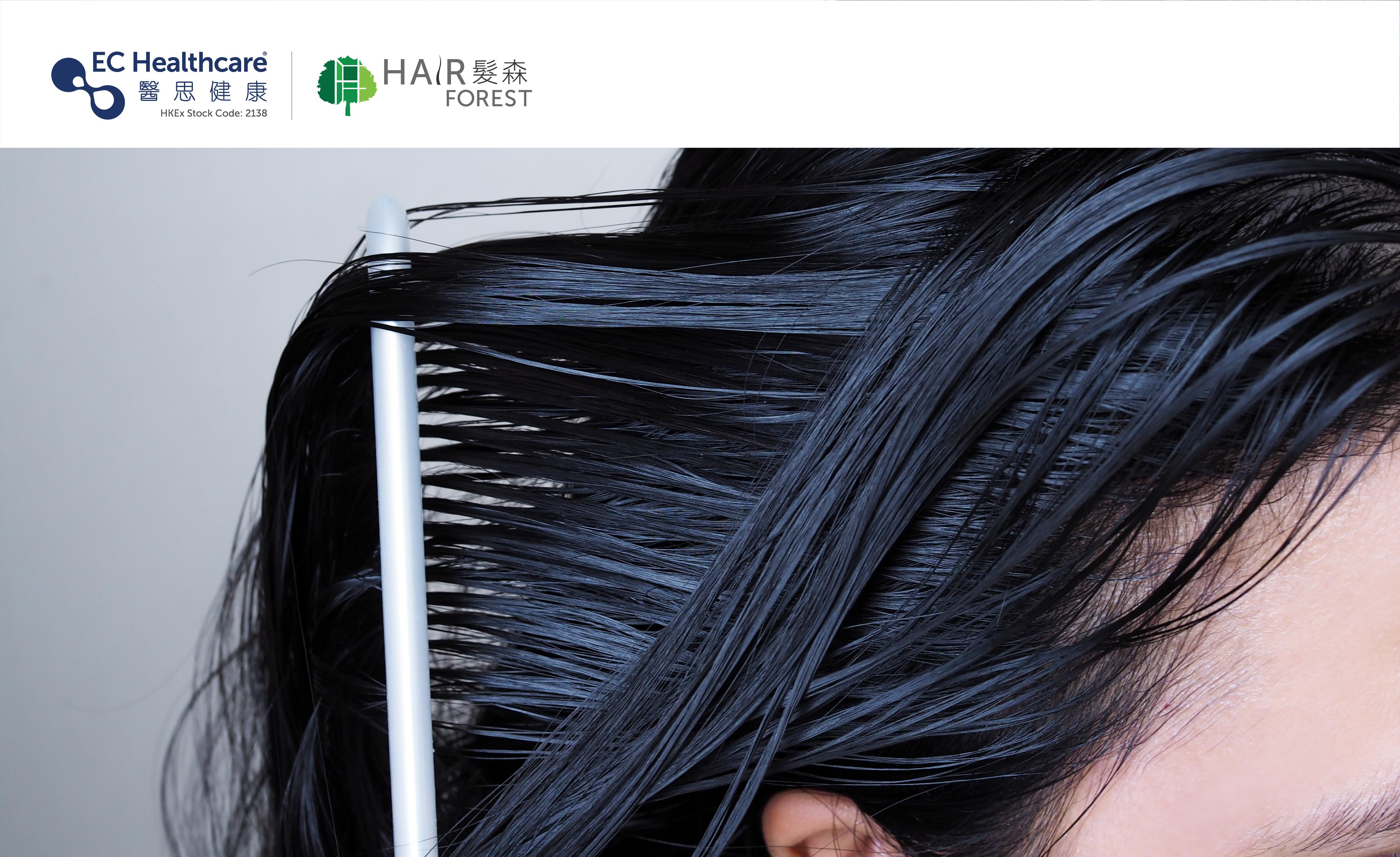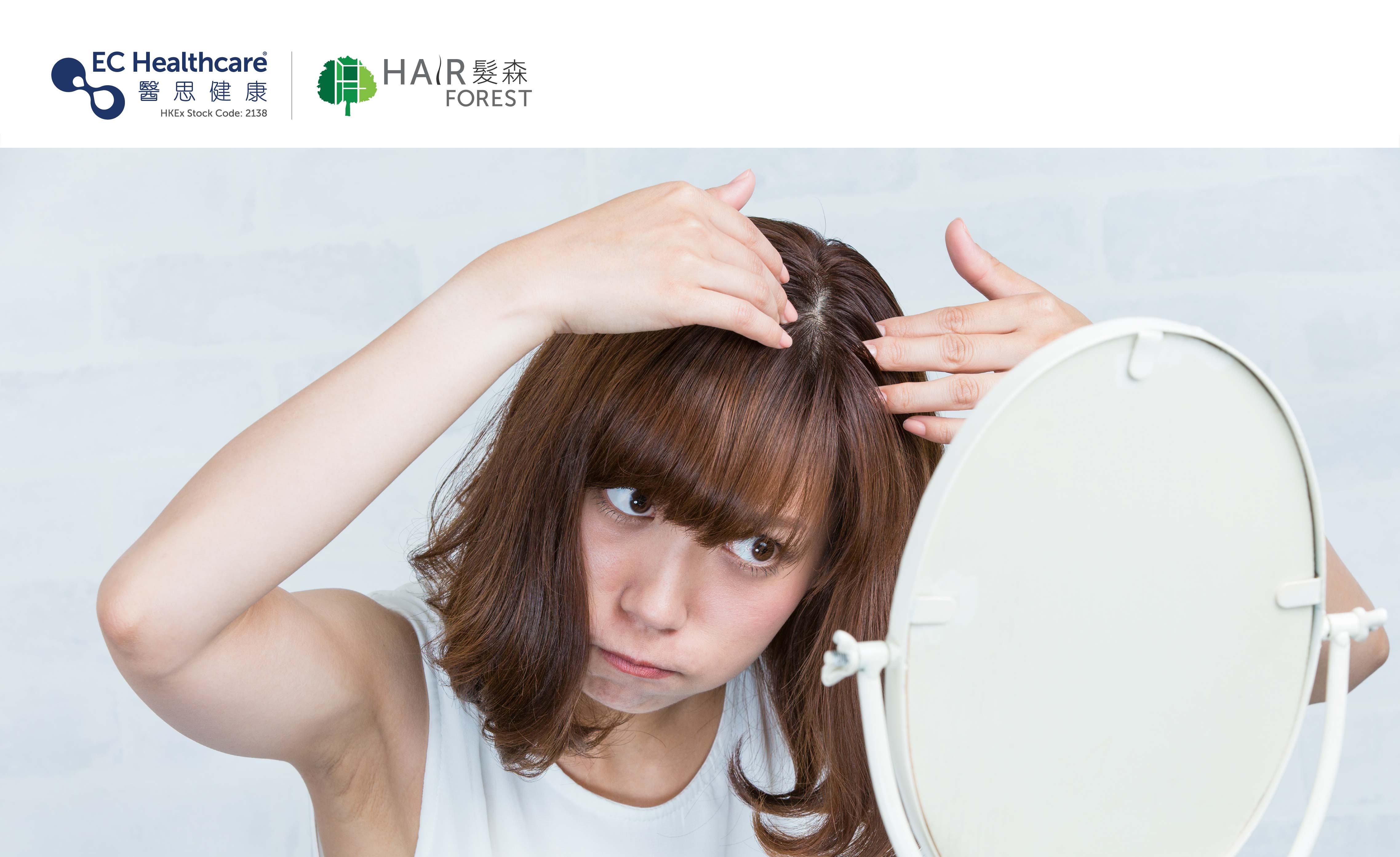Summer Hair Care|Excessive scalp oil secretion! Prevent seborrheic alopecia caused by scalp oil problem


In summer, we sweat a lot, and our hair becomes greasy in a short time, and our hairstyle becomes flat. The smell of oil or stinky hair from time to time is particularly annoying. It turns out that excessive scalp oil secretion can aggravate seborrheic alopecia! How can you keep your scalp refreshed in summer and avoid seborrheic alopecia?

Reasons why scalp oil doubles in summer
Sebaceous glands: High temperature, humidity and hormones will activate sebaceous glands and increase sebum secretion.
Cuticle metabolism: Abnormal metabolism of the cuticle will cause dandruff to accumulate on the scalp, and with the adsorption of sebum, it will turn into scalp oil.
Hair follicles: High temperature causes hair follicles to expand and increase sebaceous gland secretion.
Sweating: Sweat brushes away the sebum on the scalp, speeding up sebum secretion.
Hair care: Improper hair care behaviors such as frequent hair washing, using too hot water for washing, excessive use of conditioner, scratching the scalp, pulling hair, etc. may cause dry hair and promote the activation of sebaceous glands.
Genetic/physiological factors: People are born with strong secretion of sebaceous glands. Hormonal changes in women or those in puberty will stimulate the secretion of sebaceous glands.
Excessive scalp oil can cause seborrheic alopecia
In fact, the sebum secreted by sebaceous glands was originally intended to keep the scalp and hair healthy. But if your hair is easily stained by dust and dirt in the air, often have an itchy scalp, hair feels heavy just after washing, or even have oily dandruff, you may have a problem with too much scalp oil!
If scalp oil accumulates or blocks the hair follicle opening or hair follicle tube, it will accelerate the growth of bacteria and fungi and damage the hair follicles, and affect the blood and nutrient supply of the microvessels at the hair root, hinder normal hair growth and increases the risk of seborrheic alopecia.
5 strategies to prevent hair oil problems
Control the frequency of hair washing: Washing your hair does help reduce the accumulation of oil on your hair, but washing your hair frequently may have the opposite effect and boosting the sebaceous glands to produce more sebum. Generally speaking, washing your hair once a day or every other day is effective in keeping your scalp clean; however, depending on the type of scalp, intensity of contact with dirt, and amount of sweating, the frequency of shampooing may be increased or decreased.
Massage your scalp: Gently massage your scalp before or while washing your hair to promote the discharge of sebum.
Use conditioner/styling products appropriately: Choose hair care products that are low-irritation and not easy to clog pores, and the amount should be moderate to avoid directly touching the hair roots.
Blow-dry wet hair as soon as possible: An environment with high humidity will also promote the secretion of oil. After washing your hair, you should shorten the time of wrapping wet hair in a towel, and use a hairdryer to dry your hair at low temperature as soon as possible.
Regular scalp management: Regular deep cleaning of the scalp can help improve the scalp environment, promote blood circulation in the scalp, and prevent oil problems.
The top choice "Scalp Skin Regeneration Treatment"
Hair Forest's flagship scalp skin regeneration treatment, using an Italian professional brand, can gently and thoroughly cleanse the scalp of oil and dirt, chemical secretions (DHT) that cause hair loss, and accumulated toxins, effectively improving hair loss and deterioration of hair quality. Thereby increasing the collagen and elastin of the head skin, enhancing cell regeneration ability, preventing seborrheic alopecia, and improving scalp blood circulation and gray hair problems.
Removes accumulated toxins and deep cleanses
Increase head skin collagen and elastin
Enhance cell regeneration ability and prevent hair loss










